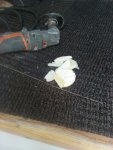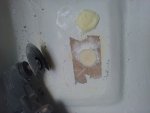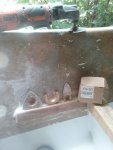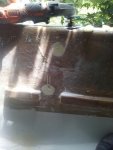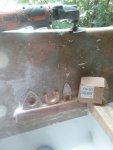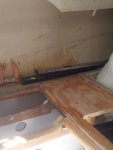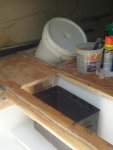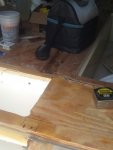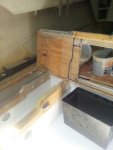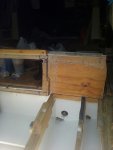kcassells
Fleet Admiral
- Joined
- Oct 16, 2012
- Messages
- 8,741
Rofl at fact fetting was actually a word hahaha , great looking work man moving right along eh? i prefer the metal as well but then i also fear the metal, plastic lasted 30 yrs on this boat im good with plastic in some areas as at least i know it wont corrrodeif i recall you also want to somehow ground all those metal fittings .
Poop... I hope not!? Well time to ask for help on that subject. Anyone have any suggestions in regards to grounding those fittings? I taking a guess and saying no. But will check it out!




















